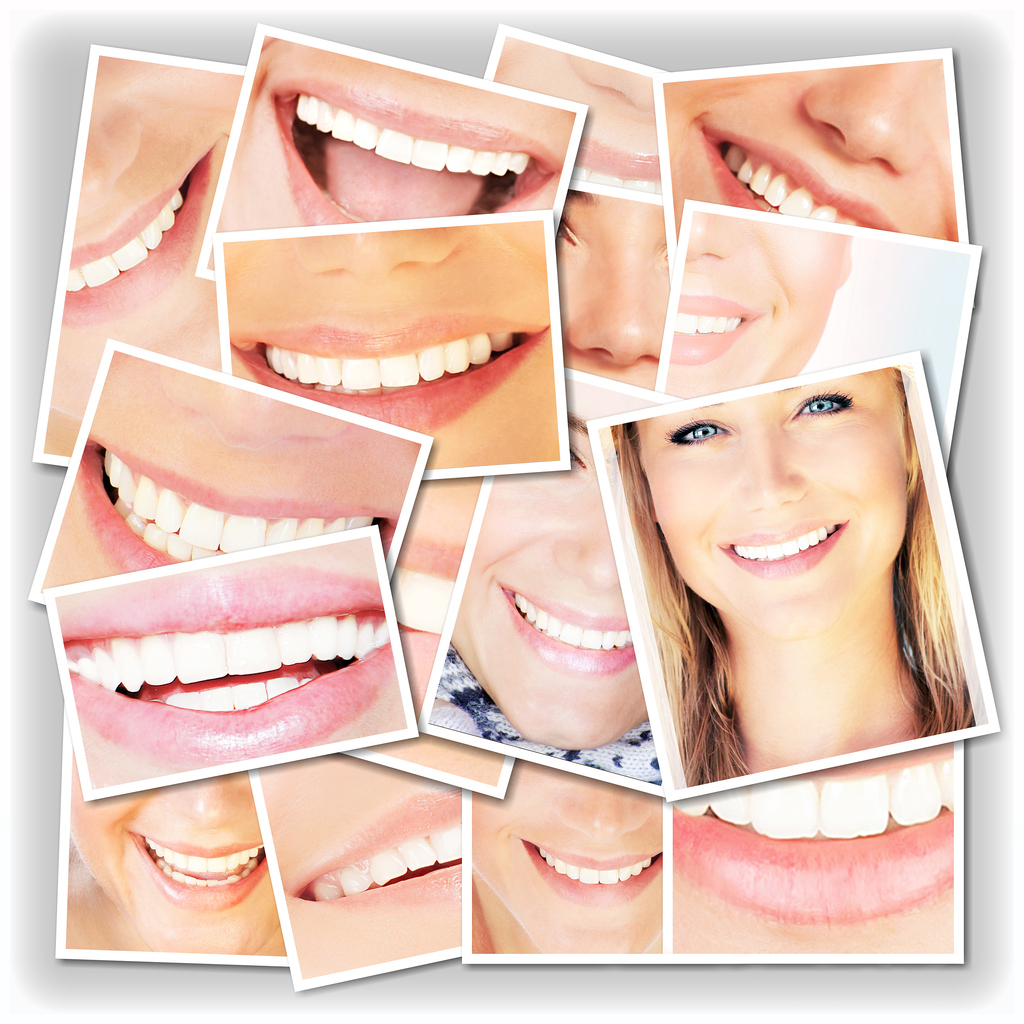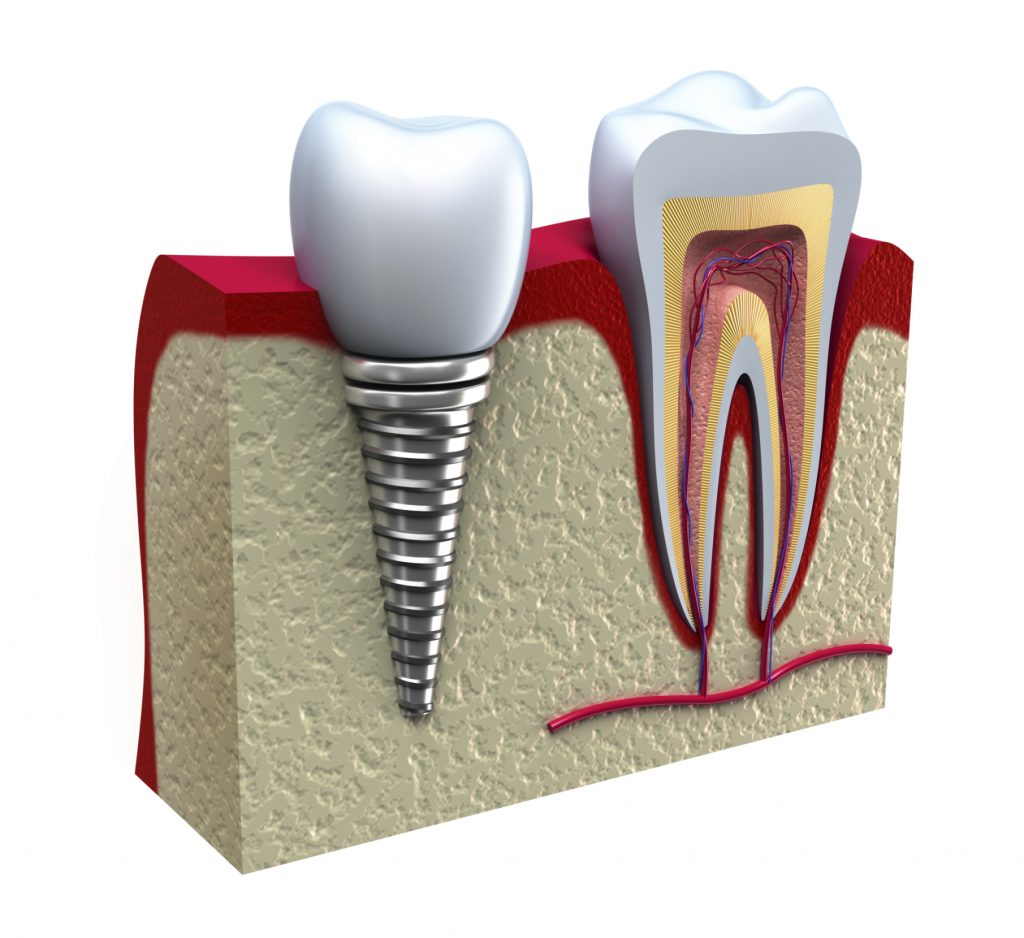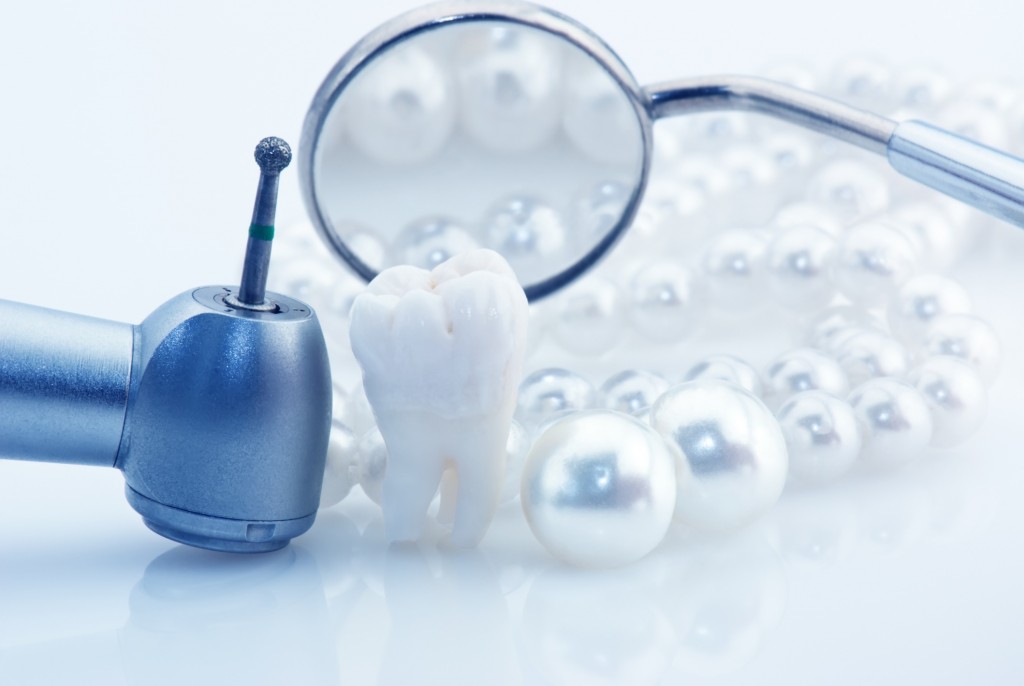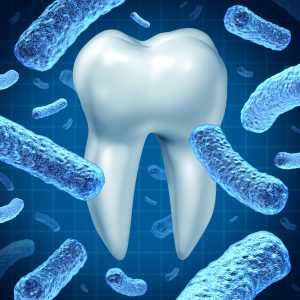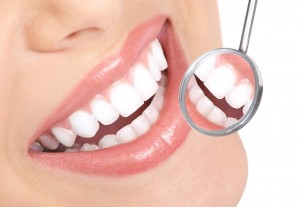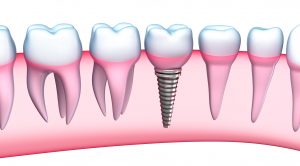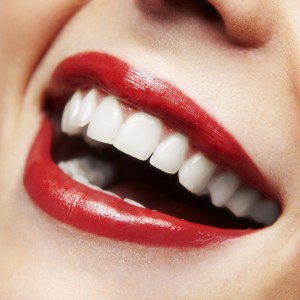
Did you know that your smile has such a great impact on your life? Yes. It is true. Many studies have proven that having straight and beautiful teeth, in addition to smiling a lot, play a large role in how society perceives a person. Not only that, a beautiful smile is also often associated with success and good health.
In the list below, you’ll find out exactly how your smile can have an impact on your life.
1 in 3 People Notice Your Teeth First
Most people may think that it’s the eyes that most people notice. While that’s partly true, shoes and teeth are also very important when it comes to making a first impression.
In fact, one study has shown that 1 in 3 people notice your teeth first before your eyes, nose, and any other part of your face and body.
Half The People You Meet Will Remember Your Smile
Your smile doesn’t just make a good first impression, it also makes a lasting one. It’s the one image of you that people will keep on coming back to when they try to remember you.
In one research, as much as 48 percent of the respondents said that a smile is the one thing they remember most about the people they meet.
So, whether you’re out on your first date, or have a big interview coming up soon, your teeth can have a huge effect on how well they go.
You Have A Better Chance of Landing a Job If You Smile
It’s no secret that we live in a world that places much emphasis on beauty. And, while it may seem unfair, research has proven that employers are more likely to hire applicants with straight teeth and beautiful smiles than those who do not. Other studies have also shown that even if you do not have great teeth, just smiling frequently increases your chances of landing a job.
Beautiful Smile = Better Chances Of Finding a Partner
Again, we live in a superficial world, so it should not come off as a surprise that people prefer to be with people who have straight and white teeth. Although, it’s worth noting that physical appearance may not be the only factor here.
Much like with interviews, people see teeth not just as a measure of beauty, but also as a measure of discipline and hygiene. After all, cavities, yellowish and other unsightly stains on teeth, are often the result of the lack of a proper oral hygiene routine at home.
You’ll Generally Be Happier With a Better-Looking Smile
Is this really that much of a surprise?
With their higher chances of landing a date – and subsequently, finding a long-term partner – and getting a job, people with clean and straight pearly whites have a lot of reason to be happier than most.
Do not let your smile hold you back from being who you’re meant to be!
Visit Dr. Kirtley today and schedule an appointment to find out what kind of treatment your teeth needs to be healthier and to look better. Call 317-841-1111 or www.smilesbygeorge.com.

